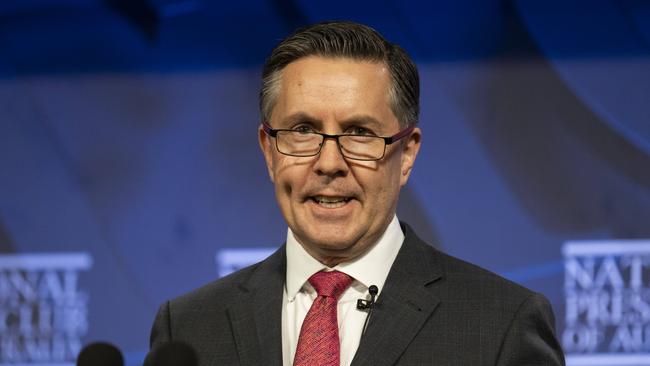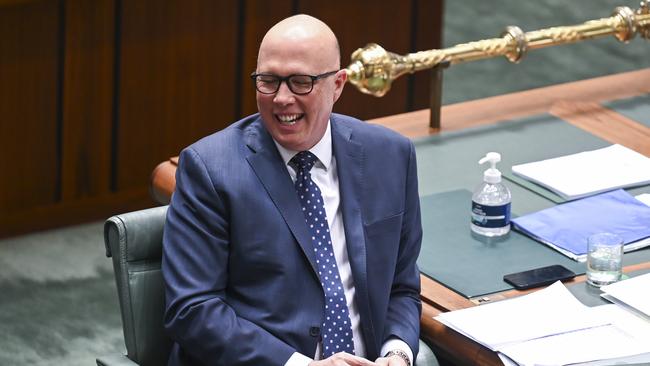Butler’s charm offensive won’t stop pharmacy uprising
Mark Butler is trying to win over pharmacists, using indexation to spruik higher dispensing, administration and infrastructure payments for community pharmacists.

Health Minister Mark Butler has launched a charm offensive to win over upset pharmacists, using indexation to spruik higher dispensing, administration and infrastructure payments for commun-ity pharmacists.
Under pressure from Labor MPs targeted in a nationwide Pharmacy Guild campaign, Mr Butler is backing a 7 per cent boost to pharmacy payments from July 1 that is nearly double the indexation of Medicare rebates.
Ahead of new 60-day dispensing rules starting on September 1, Mr Butler said the government’s plan would help six million Australians and halve the cost of more than 300 medicines.
With the guild warning of mass job losses, reduced hours and pharmacy closures, Mr Butler said “dispensing medicines is complex and critical, but it’s not the only reason Australian pharmacies are so highly valued”.
“Every single dollar saved by the government will go back into pharmacy services, so pharmacists play an even more central role in the healthcare of Australians,” Mr Butler said.
The government’s existing commitment to reinvest $1.2bn savings from its policy into community pharmacy and indexation payments are not expected to halt the guild campaign.
Across the year, an average pharmacy in major metropolitan and large regional areas will receive up to $43,118 in extra payments. Other July 1 changes include doubling the regional pharmacy maintenance allowance by $40m and rules requiring manufacturers of more than 2900 brands of common medicine to hold a minimum of four-to-six months of stock onshore.
The Australian this week revealed 6000 pharmacies had launched a national blitz against the double dispensing rules and warned that 20,000 jobs are at-risk. While doctors and consumers have welcomed 60-day dispensing, pharmacists say doubling the amount of medicine accessed from a single script could trigger significant shortages and cause months of delays.
Other new measures coming into effect on Saturday include the safeguard mechanism forcing big polluters to slash emissions faster, the expanded petroleum resource rent tax targeting LNG producers, childcare subsidy increases, pay rises for aged care workers and fast-tracking citizenship arrangements for New Zealanders.
Opposition Leader Peter Dutton on Friday urged voters in the Fadden by-election to send Prime Minister Anthony Albanese a “very clear message that you’re not happy”. “When you go to the supermarket prices have gone up, when you get your electricity or your gas bill, prices will go up, and from (Saturday) under Labor, electricity prices go up by up to 29 per cent,” Mr Dutton said.

“They’ve delivered two budgets and they’ve made it harder for Australians, not easier.”
Amid predictions of a 13th rate hike in just over a year when the Reserve Bank board meets next Tuesday, Mr Albanese said the May budget included responsible cost-of-living measures.
“Our economic strategy is about taking pressure off the cost of living without putting pressure on inflation,” he said.




To join the conversation, please log in. Don't have an account? Register
Join the conversation, you are commenting as Logout